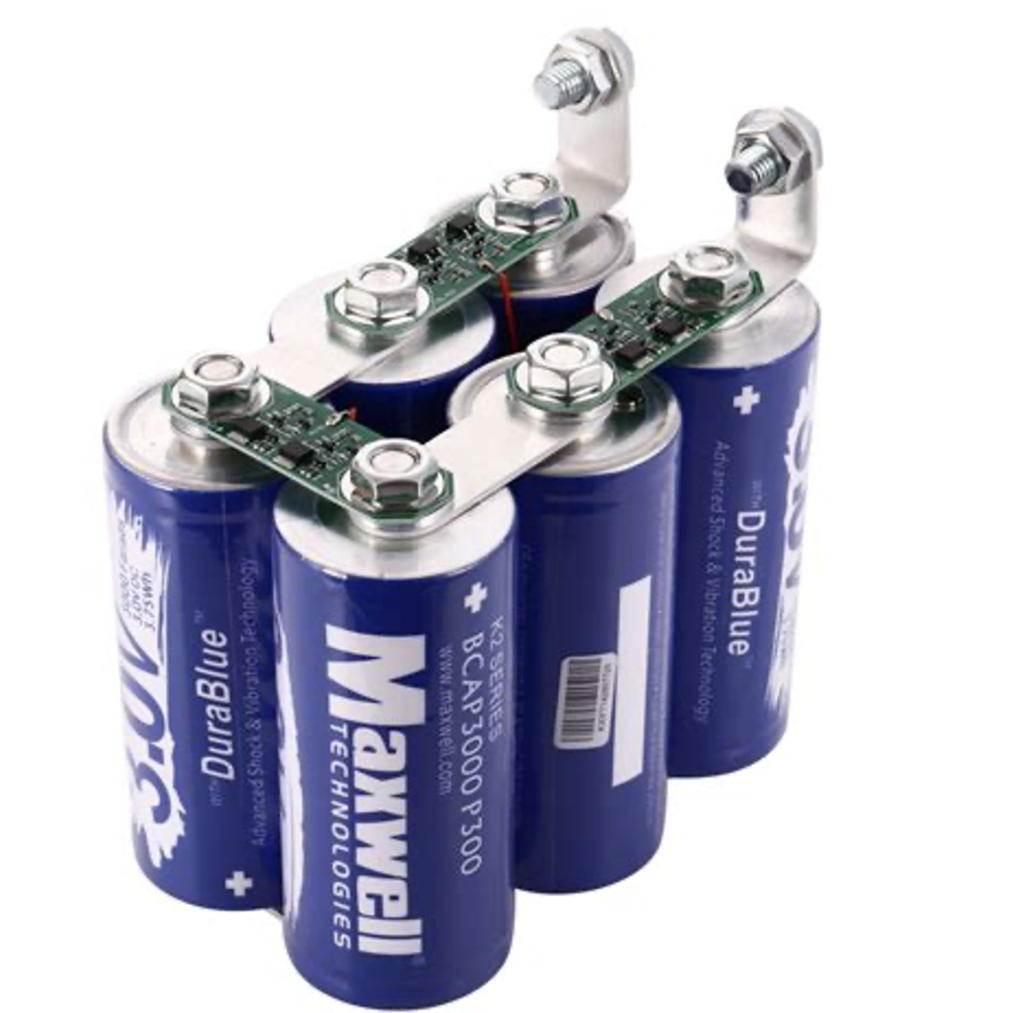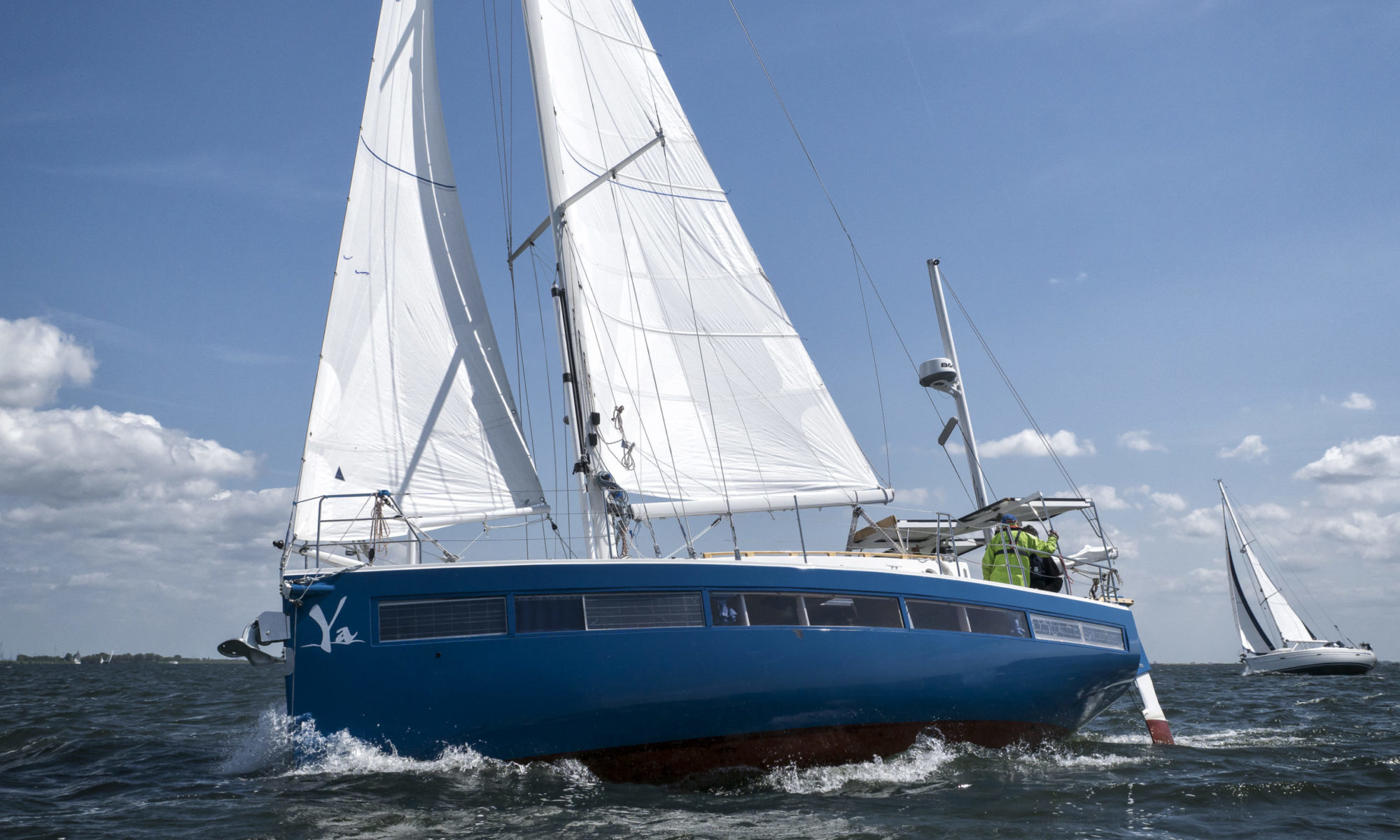As long as energy consumption continues to increase, energy storage is one of the biggest challenges for the future. Certainly for us, belonging to the ten percent richest in the world. It is precisely these countries that use the most energy.
The supercapacitor (supercapacitor) can hold electrical energy and is very light. It can be charged very quickly and can provide a lot of energy. A disadvantage is that it is not yet able to retain the electrical charge properly at the moment. The capacity is also small. Supercapacitors have long been used to power the flash light on a camera. They have recently also been used in cordless drills.

The saltwater battery works on the same simple principle as a lead-acid battery. Only the chemical reactions are not so bright. A saltwater battery therefore requires a lot of space and is relatively heavy. However, many more charging cycles are possible. The saltwater battery has recently been industrialized and is suitable for large ships. The advantages are durability and simplicity, also of maintenance and repairs.
Make one yourself? check https://www.youtube.com/watch?v=Y-GcN8aLtX4
A Chinese car battery manufacturer says it will soon come with a so-called ‘condensed battery’ that could contain 500 watt hours per kilo. This would be very light and even interesting for aircraft.
With silicon as a basis, a relatively light battery could be made. Even lighter than an LFP battery. The grain size of the silicon then only needs to be a few nanometers, making it more expensive than gold. A method has recently been invented to separate the silicon from old solar panels and then grind it into nano-granules. All this in a simple and cheap way. Now that the development of solar panels continues, the old panels automatically become waste. The circle seems complete: who knows, discarded solar panels may be the basis for the future battery.
It is all much promising, and all these developments makes man optimistic. If mankind makes a small step, it will end up in a giant leap.
f you want to invest in a battery at home, please don’t wait, because many promising developments are soon overtaken by new, even better discoveries. And before they become available in practice, it will be ten or twenty years later. For example, it took three or four decades before the solar panels from space projects were first found on decks of boats here on earth.

